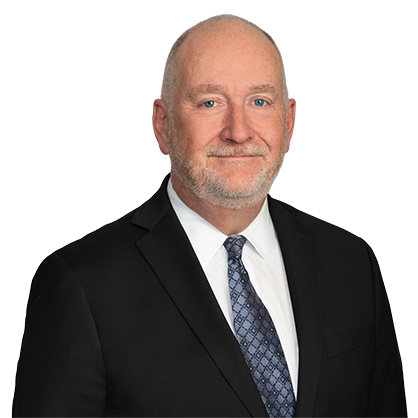Insights
Thought Leadership
October 21, 2024
A Mostly Quiet Year for Employment Laws During Connecticut's 2024 Legislative Session
Connecticut's legislative session concluded without many significant updates to the state's labor and employment laws. While it was generally a quiet year on the labor and employment front, the legislature did pass a significant expansion of Connecticut's Paid Sick Leave Law. Additionally, as in previous years, there were several proposed bills that did not pass in the session that employers should keep an eye on for next year. Below is a summary of notable labor and employment legislation that passed during Connecticut's 2024 legislative session, which ended in May.
With thanks to Day Pitney Summer Associate EmmaKate Foley for her assistance in researching and drafting this alert.
Expansion of Connecticut Paid Sick Leave
In 2012, Connecticut became the first state to require certain private employers to provide covered employees with annual paid sick leave. This year, the legislature greatly expanded that landmark legislation. Connecticut's existing Paid Sick Leave Law—which remains in effect until January 1, 2025—mandates employers with 50 or more employees to provide annual paid sick leave to their "service workers." A service worker is defined as an employee who is paid hourly, not exempt from minimum wage and overtime requirements, and is primarily engaged in certain enumerated occupational classifications (e.g., social workers, food service managers, therapists, paramedics). A recently passed law significantly expands the employers and employees subject to the Paid Sick Leave Law beginning on January 1, 2025. Below is a summary of the key changes. Covered Employers: Connecticut's Paid Sick Leave Law will no longer be limited to employers with 50 or more employees. Eventually, it will apply to virtually all private-sector employers. Coverage will expand as follows over the next three years:- Effective January 1, 2025, the Paid Sick Leave Law will apply to employers with 25 or more employees.
- Effective January 1, 2026, the Paid Sick Leave Law will apply to employers with 11 or more employees.
- Effective January 1, 2027, the Paid Sick Leave Law will apply to employers with one or more employees.
- closure by order of a public official, due to a public health emergency, of either an employer's place of business or a family member's school or place of care; and
- a determination by a health authority, employer of the employee, employer of a family member, or healthcare provider that the employee or family member poses a risk to the health of others due to such employee's or family member's exposure to a communicable illness, whether or not the employee or family member contracted the communicable illness.
Minimum Wage Increase
Effective January 1, 2024, Connecticut's minimum wage increased from $15.00 per hour to $15.69 per hour. This increase is based on the percentage change in the Employment Cost Index (ECI), which is calculated by the U.S. Department of Labor. On January 1, 2025, the minimum wage will increase to $16.35 per hour. Future annual increases will happen on January 1 based on the U.S. Department of Labor's calculation of the ECI for the 12-month period ending June 30 of the preceding year.Notable Bills That Did Not Pass
Proposed Limitations on Noncompete Agreements Connecticut has been unsuccessful in recent years in passing legislation that limits or bans noncompete agreements. There was another failed attempt to pass such legislation this year. Under House Bill 5269, which did not become law, noncompetes would have been permissible only if the noncompete:- lasted for one year or less post-termination;
- was necessary to protect a legitimate business interest of the employer that could not be protected through less restrictive means, such as nondisclosure or nonsolicitation agreements; and
- was no more restrictive than necessary with respect to duration, geographic scope, type of work, and type of employer.
- discriminating against a person for disclosing conduct the person reasonably believed to be a discriminatory employment practice; or
- discriminating against a person because such person disparaged the employer for engaging in conduct the person reasonably believed to be a discriminatory employment practice.
Takeaways
While 2024 was generally a quiet legislative session in Connecticut for employment-related laws, employers should begin preparing for the expansion of the Paid Sick Leave Law and ensure that their policies and practices are in compliance with the changes set to take effect on January 1, 2025. Employers also should be mindful that some of the bills that did not pass this year may be on the docket again next year.With thanks to Day Pitney Summer Associate EmmaKate Foley for her assistance in researching and drafting this alert.





